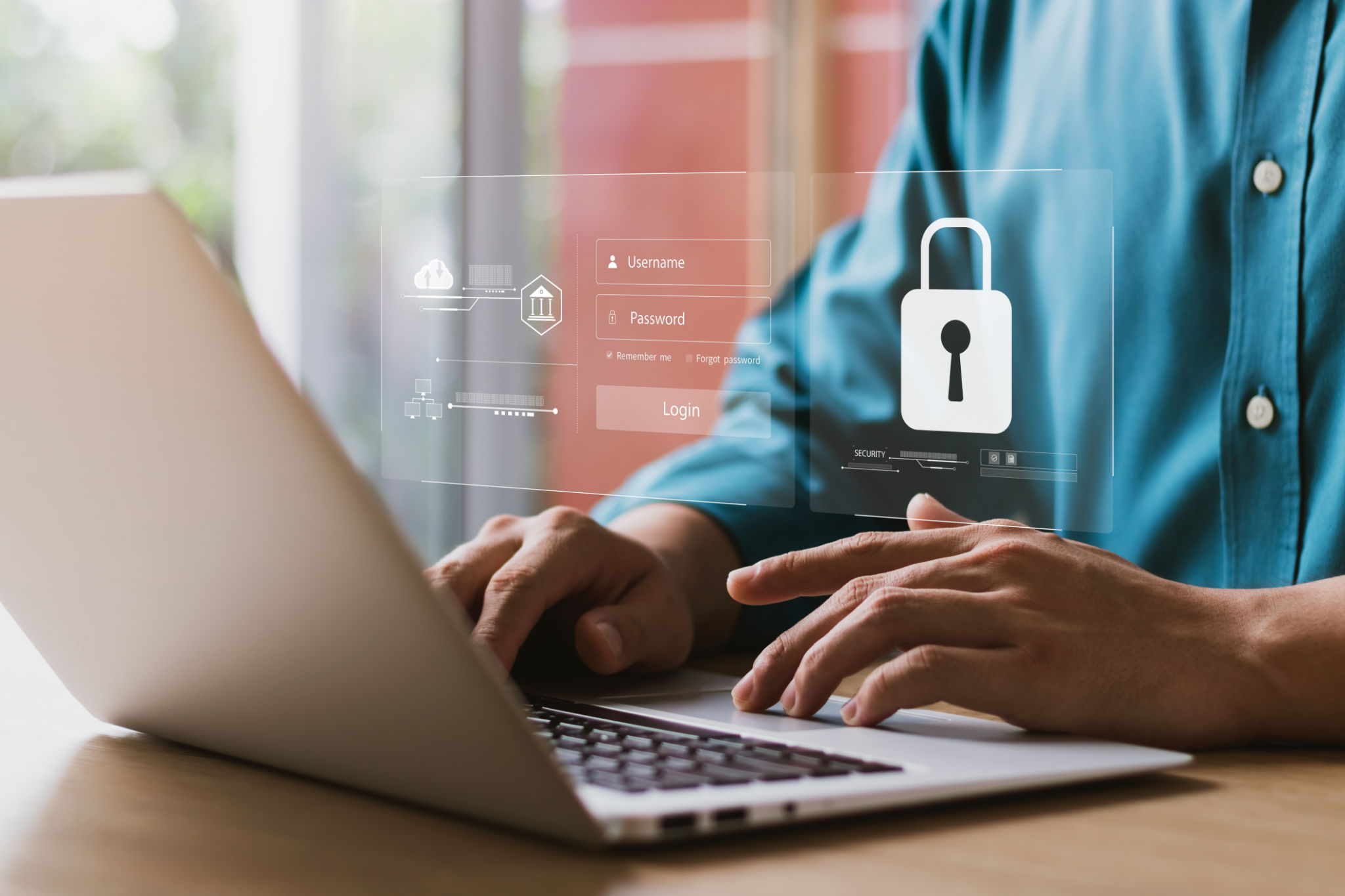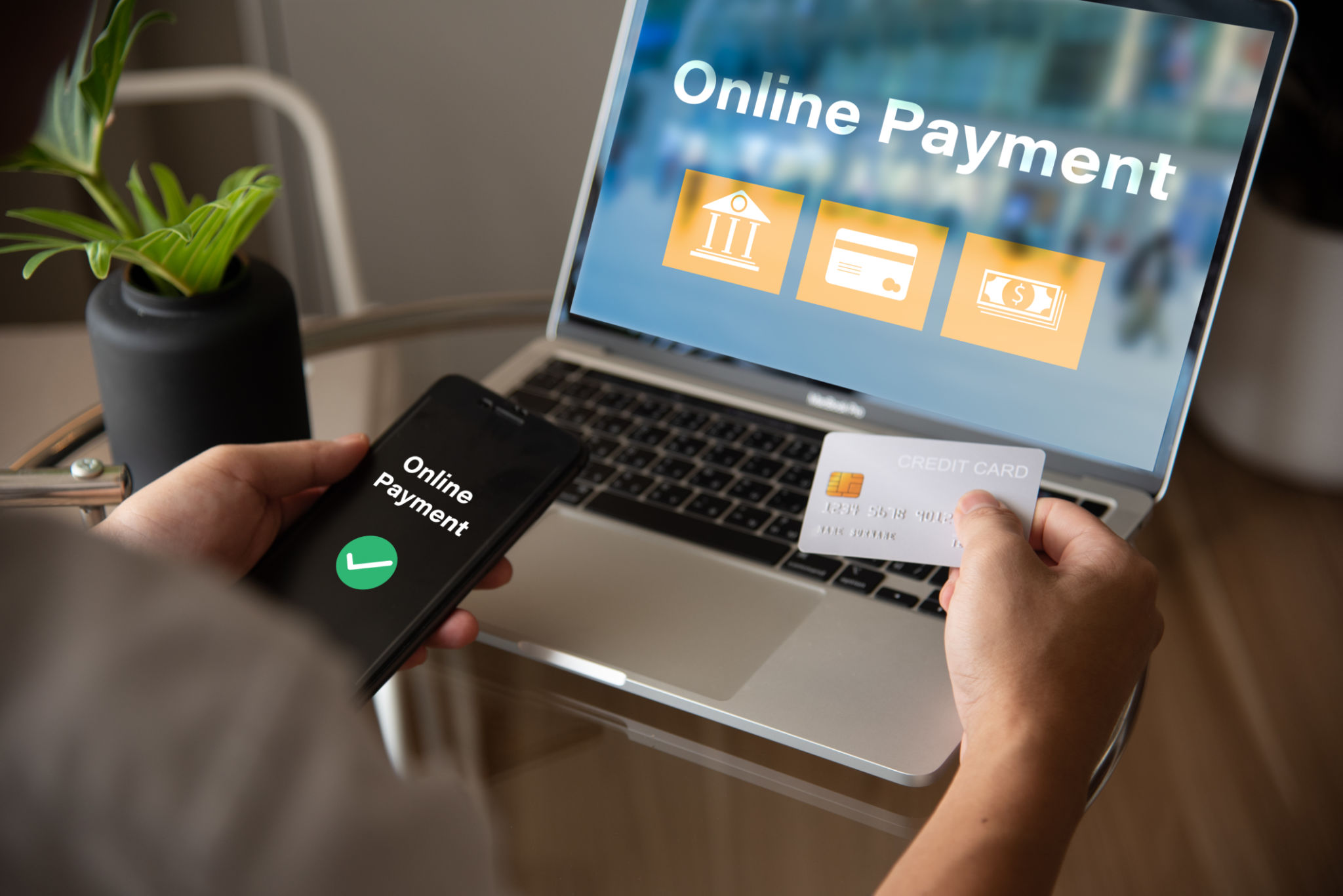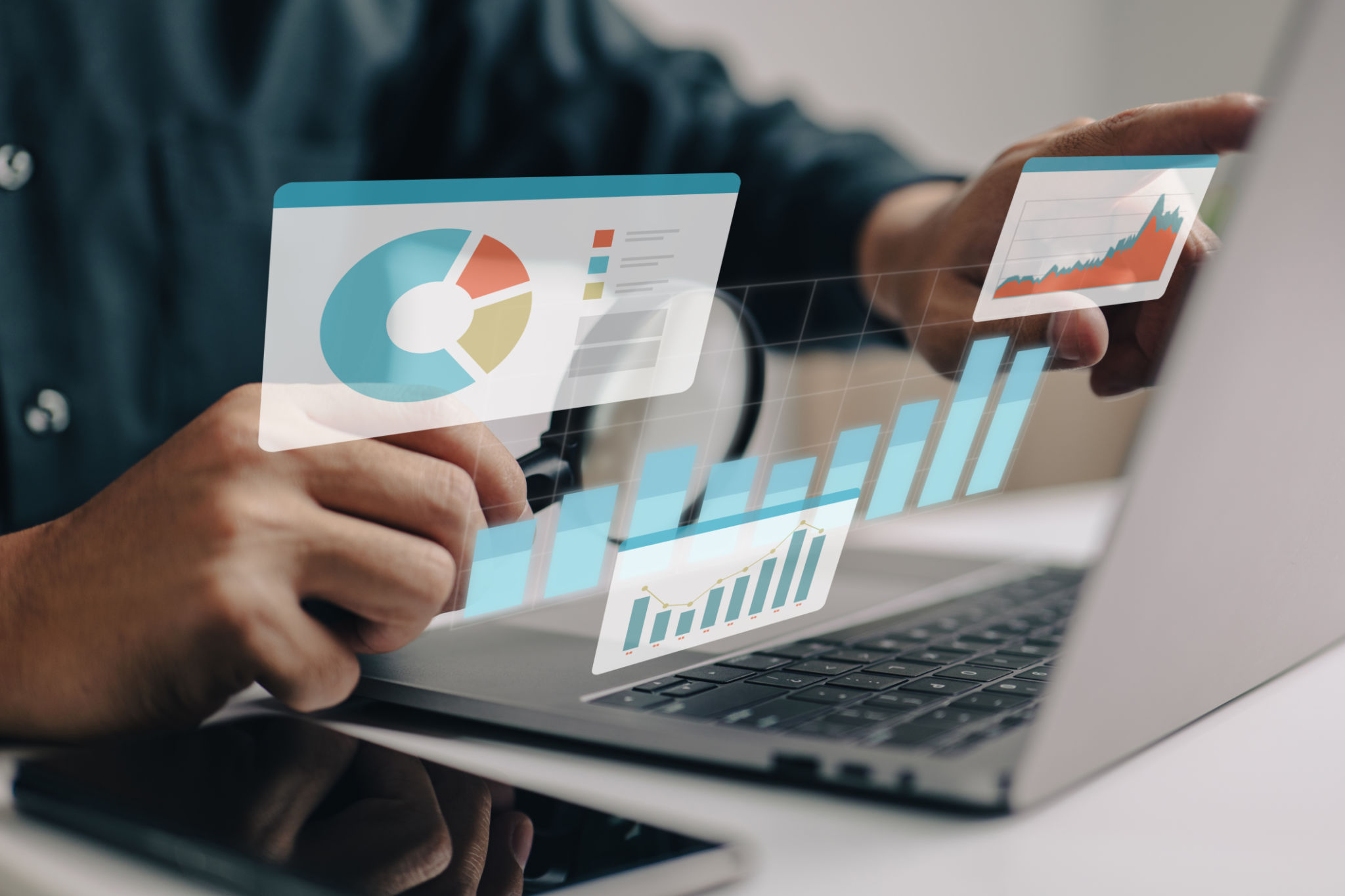How to Ensure Secure Payment Options for a Safe Online Shopping Experience
Understanding the Importance of Secure Payment Options
With the rise of e-commerce, online shopping has become a staple in our daily lives. However, with convenience comes the responsibility of ensuring that your payment information is safe and secure. Protecting your financial data is crucial to avoid potential fraud and identity theft. In this digital era, knowing how to secure your payment options can make a significant difference in your online shopping experience.

Choose Reputable Online Retailers
The first step in ensuring secure payment options is to shop with reputable online retailers. Well-known platforms invest heavily in security measures to protect their customers' data. Before making a purchase, verify that the website URL begins with "https://" rather than just "http://", as the 's' stands for secure. Additionally, look for trust seals from reputable organizations like Norton or McAfee, which indicate that the site has been vetted for security.
Utilize Secure Payment Methods
Another key aspect of safe online shopping is using secure payment methods. Credit cards often provide more protection than debit cards due to their fraud protection policies. Consider using third-party payment services like PayPal or Apple Pay, which add an extra layer of security by keeping your financial information private from merchants.

Enable Two-Factor Authentication
Two-factor authentication (2FA) is a highly effective method for enhancing security. This feature requires you to provide two forms of identification before accessing your account. Common forms include a password and a verification code sent to your phone. Enabling 2FA on your accounts adds an extra barrier against unauthorized access and can significantly reduce the risk of fraud.
Monitor Your Financial Statements Regularly
Regularly reviewing your bank and credit card statements is essential in detecting any unauthorized transactions quickly. Most financial institutions offer real-time notifications for transactions, enabling you to keep track of your spending effectively. If you notice any suspicious activity, report it immediately to prevent further unauthorized use of your accounts.

Avoid Using Public Wi-Fi for Transactions
Public Wi-Fi networks are notoriously insecure and make it easier for cybercriminals to intercept your data. When shopping online, it's best to use a secure, private internet connection. If you must use public Wi-Fi, consider using a Virtual Private Network (VPN) to encrypt your data and protect your personal information from potential hackers.
Keep Your Software Updated
Ensuring all your devices have the latest software updates is another critical step in maintaining secure payment options. Software updates often include security patches that can protect against vulnerabilities exploited by hackers. Regularly updating your browser, operating system, and security software is essential for safeguarding your online transactions.
Educate Yourself on Phishing Scams
Phishing scams are deceptive attempts to obtain sensitive information by pretending to be a trustworthy entity. Be cautious of unsolicited emails or messages asking for personal information or directing you to enter details on a website. Always verify the source and never click on unknown links or provide personal data unless you are sure of the recipient's authenticity.
By following these guidelines, you can significantly enhance your online shopping security and enjoy a safer experience. Staying informed and vigilant is key to protecting yourself in the digital marketplace.
